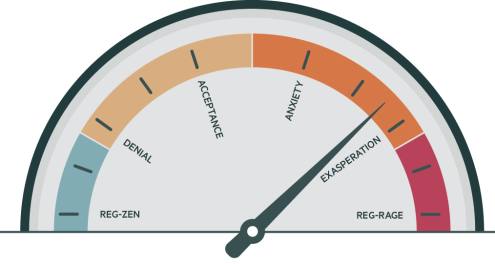1 In the current economic environment, globalisation is an imperative – global customers, global resources and global investors are a business reality. Corporates have to increasingly deal with greater uncertainty, and scale and financial strength are critical in addition to excellent execution of services. There has also been a renewed focus on corporate governance
Our strategic response is to optimise costs and maximise necessary investments. All outflows – revenue or capital – go through two filters: Does it add value to customers? And does it create value for stakeholders? We intend to continue our pioneering status on transparency and corporate governance. We will also focus on converting profits to cash – over 80% of our net income is converted into cash flows and we continue to push the bar higher every year.
2 Wipro has been a cash surplus company since 1999 and so the need to evaluate additional sources of capital has not arisen for over five years. Having said that, our fundamental belief is that the capital structure as well as the sources of capital depend on the financial objectives of the firm. For instance, unlike many other Indian IT companies, we have not been averse to debt in the past. In future, whenever the need for funding arises, we will look at the best option available at that time.
3 Global delivery is a reality – and its benefits have been indisputably proven. The big risk to offshoring is of course the choice of the right partner – one with whom you can rest assured on value systems, quality, confidentiality, scalability, range of services, financial strength and total cost of ownership. It is also critical, when offshoring, that customers check out the capability of the service provider to deliver services in a truly global delivery model from multiple locations as defined by the customer and as required by the complexity of the project.
One backlash is the battle of hearts and minds – the mind is convinced on the economic value of offshoring but the heart winces at the prospect of job losses in one’s immediate surroundings.
Outsourcing is based on sound economic logic. US Department of Labor data indicates that just 1.9% of total job losses in the US were due to offshoring of which 1.2% was due to work moving to captive centres and only 0.7% was due to sourcing from third-party service providers – but that has maximum visibility.
Also, with the proportion of working population in many advanced countries declining, offshoring provides countries with an opportunity to optimally use their workforce in areas where they have natural competitive advantage and leverage offshore to deliver high volume work.






